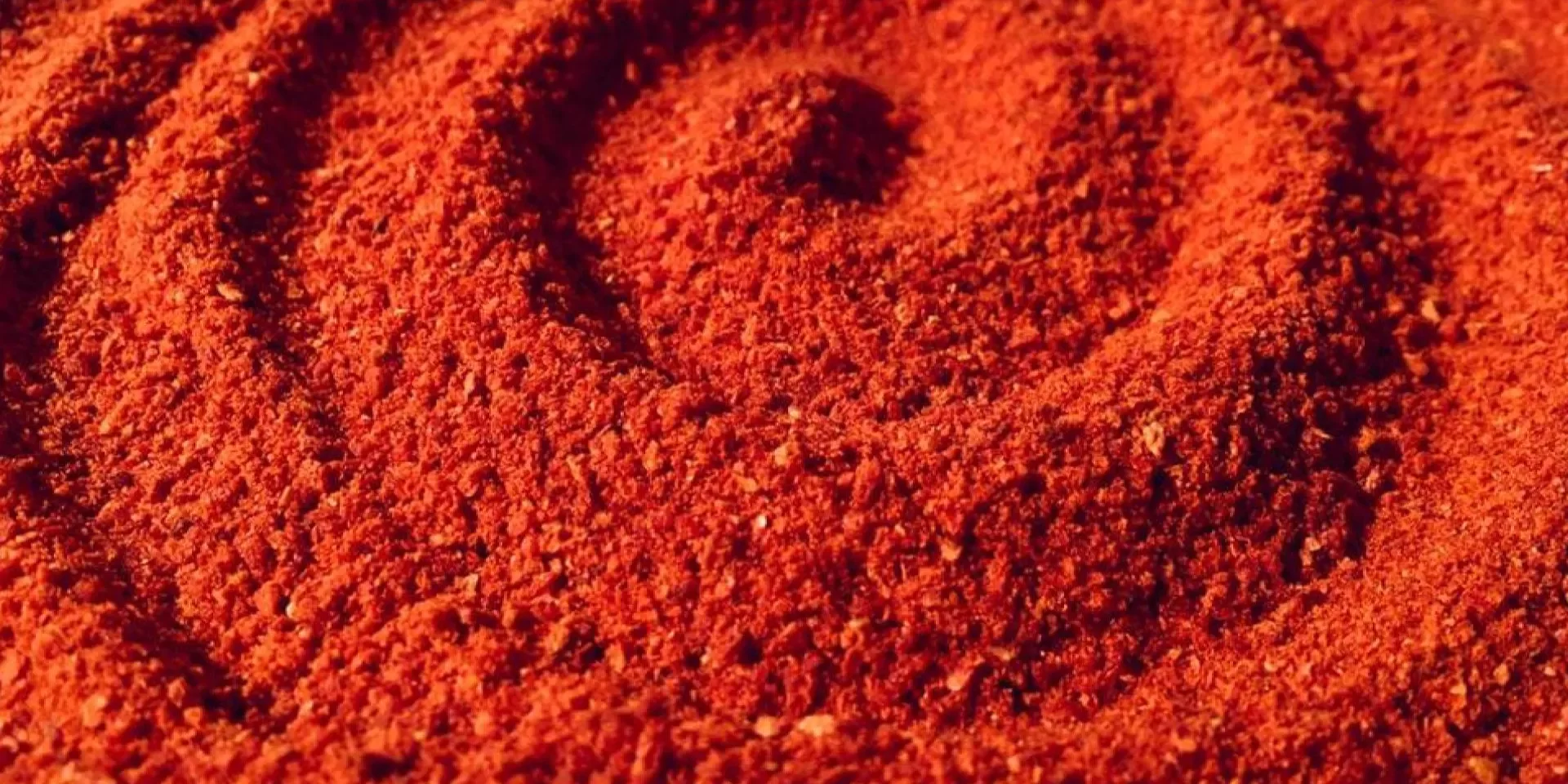New Rules on the Use of Astaxanthin: What Changes with Regulation (EU) 2023/1581
The Commission’s Implementing Regulation (EU) 2023/1581, dated August 1, 2023, was published in the Official Journal of the European Union, Series L 194/4 on August 2, 2023. This regulation amends the previous Implementing Regulation (EU) 2017/2470 regarding the conditions of use of the novel food named “astaxanthin-rich oleoresin derived from the alga Haematococcus pluvialis.”
The approval of this food initially occurred under Article 5 of Regulation (EC) No 258/97 for exclusive use in food supplements intended for the general population, with maximum usage limits ranging between 40-80 mg/day of oleoresin, equivalent to ≤ 8 mg of astaxanthin per day. Following an opinion from EFSA, the European Commission restricted the conditions of use, allowing its use only in food supplements for the adult population and adolescents over 14 years.
In December 2022, a request to modify the conditions of use was submitted to extend the use of the novel food to food supplements intended for children aged 3 to less than 10 years and adolescents aged 10 to less than 14 years. The European Commission positively evaluated the proposed changes, deeming them not to pose risks to human health.
CONTENT OF THE NEW AUTHORIZATION
With Implementing Regulation (EU) 2023/1581, the maximum levels of use of astaxanthin oleoresin have been modified as follows:
- 2.3 mg of astaxanthin per day (23 mg/day of oleoresin) for children aged 3 to less than 10 years;
- 5.7 mg of astaxanthin per day (57 mg/day of oleoresin) for adolescents aged 10 to less than 14 years;
- 8 mg of astaxanthin per day for the general population aged 14 years and older.
- The food’s designation in the ingredient list remains unchanged: “astaxanthin-rich oleoresin derived from the alga Haematococcus pluvialis.” Food supplements containing this substance must carry a specific warning on the label regarding intake under certain circumstances.
TRANSITIONAL PERIODS
To facilitate food sector operators, transitional periods have been established for the disposal of non-compliant supplements. Food supplements legally placed on the market before August 22, 2023, can be marketed until their expiration date. Similarly, those imported into the Union before August 22, 2022, can be marketed until the storage period or expiration date, subject to the importer’s demonstration.
For further details, the full text of Regulation (EU) 2023/1581 can be consulted here.
We offer strategic-regulatory consulting services for national and international markets.






